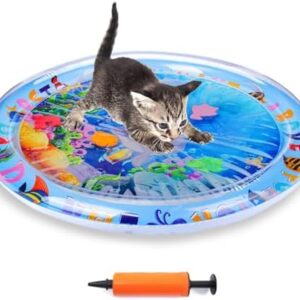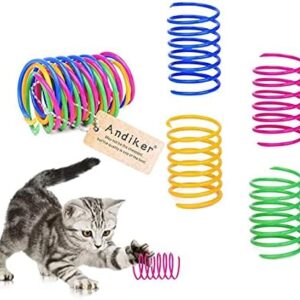
If you’re a cat owner, you know how difficult it can be to see your feline friend go through surgery. Just like humans, cats can experience a range of psychological effects after undergoing a procedure. It’s important to be aware of these potential issues and take steps to help your cat recover smoothly.
One of the most common psychological effects of surgery on cats is anxiety. Cats are creatures of habit and any disruption to their routine can cause stress and anxiety. Surgery can be a traumatic experience for cats, and they may exhibit symptoms such as restlessness, pacing, excessive grooming, and aggression. It’s important to provide a calm and quiet environment for your cat to recover in, away from any loud noises or other stressful stimuli.
Another common psychological effect of surgery on cats is fear of humans. Cats may associate the pain and discomfort they experience after surgery with the humans who care for them, leading to fear and aggression towards their owners. It’s important to be patient with your cat and give them time to adjust to their new circumstances. Be gentle and understanding, and provide plenty of positive reinforcement and treats to help your cat feel safe and secure.
Depression is another potential psychological effect of surgery on cats. Cats may feel sad or withdrawn after a surgery, especially if they are in pain or discomfort. They may lose interest in their usual activities, stop eating, or become lethargic. It’s important to monitor your cat closely for signs of depression and seek veterinary advice if necessary. Providing extra love and attention, as well as engaging in stimulating activities like play and interactive toys, can help lift your cat’s spirits and encourage a speedy recovery.
Separation anxiety is another common psychological effect of surgery on cats. Cats are social creatures and they can become anxious when separated from their owners or other pets. This anxiety can be exacerbated by the stress of surgery and recovery. It’s important to spend extra time with your cat during their recovery period, reassuring them with gentle pets and cuddles. If you need to leave your cat alone for any period of time, consider providing a familiar blanket or toy to comfort them in your absence.
To help your cat recover smoothly after surgery, there are a few tips you can follow. First, make sure to follow your veterinarian’s post-operative care instructions closely. This may include administering medications, monitoring your cat’s incision site, and keeping them calm and comfortable. Provide a warm and quiet space for your cat to rest and recuperate, away from other pets and potential sources of stress.
It’s also important to encourage your cat to eat and drink regularly after surgery to aid in their recovery. Offer them their favorite foods and treats, and make sure they have access to fresh water at all times. If your cat is having trouble eating or drinking, consult your veterinarian for advice.
Regular play and exercise can also help your cat recover from surgery both physically and mentally. Engage your cat in gentle play sessions to keep them active and stimulated, but be mindful of their limitations and avoid any rough or strenuous activities.
Lastly, be patient and understanding with your cat as they recover from surgery. It can take time for them to bounce back and return to their normal selves. Provide plenty of love and support, and be there to comfort them through the ups and downs of the recovery process. With your help and care, your cat will be back on their paws in no time.






